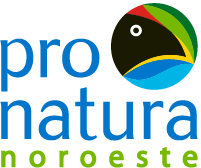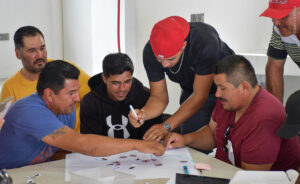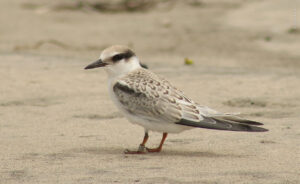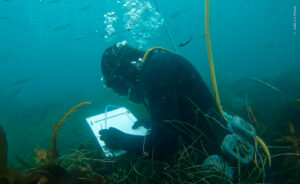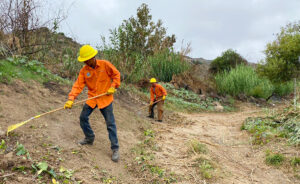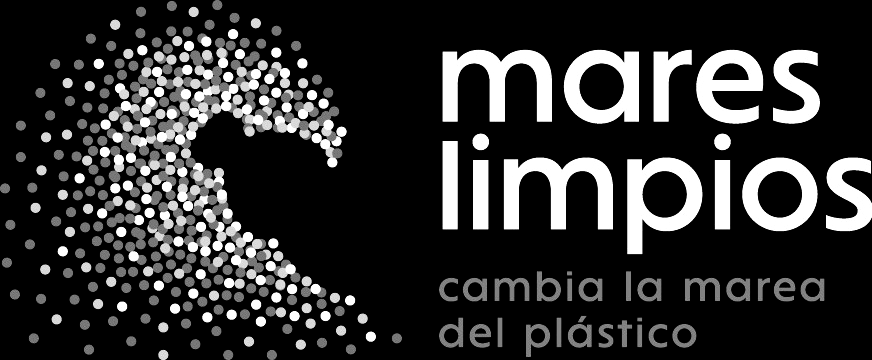The Ensenada Pabellones Lagoon System is a wetland of great importance for mangrove and migratory bird conservation in Northwest Mexico. It is considered a priority site by UNESCO and is included on the Ramsar list. Pronatura Noroeste was responsible for completing the technical sheet for the site to be included in the list of coastal ecosystems and wetlands of global importance. Like many of the planet’s wetlands, this lagoon system is vulnerable due to the destruction and degradation of the sites where many species of migratory birds spend the winter and breed.
This important natural site is located in Culiacan and Navolato, two municipalities in the state of Sinaloa. Because of its rich ecosystems and geographic location, it is part of the Pacific Migratory Corridor, which marks the route for millions of migratory birds that travel from North America to Central and South America each year. It is considered a priority site for conservation because of the abundance of mangroves and bird species that inhabit and visit the wetland.
As Pronatura Noroeste we have developed several activities in Ensenada Pabellones. For example, we worked on the conservation program of private lands in the Lucenilla Peninsula, a 6,500 hectare property incorporated as a Conservation Easement, thanks to a project we initiated in 2004. This site includes more than 50 kilometers of beach and a coastline of more than 100 kilometers.
We also manage the habitat of some bird species in the Chiricahueto Lagoon. Some of them are the American Monjita (Setophaga striata) and the Northern Jacana (Jacana spinosa), also called Mexican Cock-of-the-Water. Both of them nest in the Chiricahueto Lagoon between April and July. In turn, from September to March, the wetland is visited by the American Avocet (Recurvirostra americana), an emblematic bird of shallow waters that migrates from central and northern USA and southern Canada. It is distinguished by a long, slightly curved beak that allows it to filter its food (crustaceans, insects and seeds) below the surface of the pools.
We also monitor birds in the Ensenada Pabellones Lagoon System in order to gather information on the abundance, diversity and distribution of species in these vulnerable ecosystems. Pronatura Noroeste also plays an essential role in the Fishery Improvement Project (FIP) for the Chocolate Clam (Megapitaria squalida), with the aim of achieving a sustainable fishery and obtaining market benefits for fishermen.
We also undertook mangrove reforestation on 30 hectares, in coordination with the National Forestry Commission (CONAFOR). This is complemented by environmental education actions, with a Public Involvement Program linked to local schools, which includes pilot conservation projects, environmental education and television programs, among others.
In addition, together with the fishing authority, the Autonomous University of Sinaloa and other local organizations, we developed the Altata-Ensenada Pabellones Ecosystem Management Plan.
Collaborate with us in the conservation of Ensenada Pabellones and let’s maintain together it’s amazing biodiversity.
